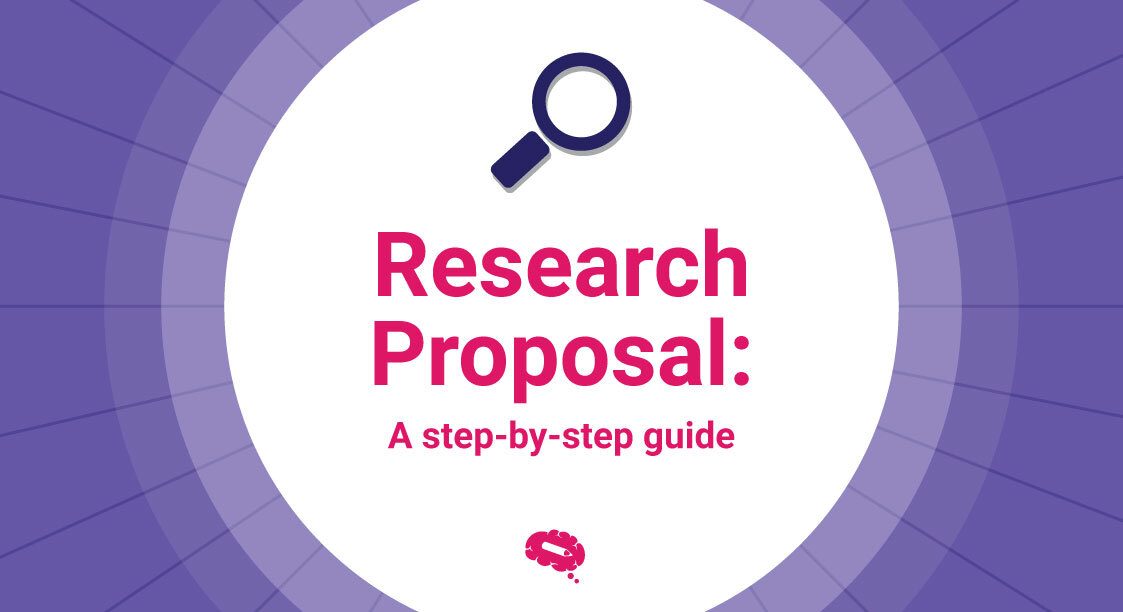



 Tech & IT
Tech & IT
 Business
Business
 Coding & Developer
Coding & Developer
 Finance & Accounting
Finance & Accounting
 Academics
Academics
 Office Applications
Office Applications
 Art & Design
Art & Design
 Marketing
Marketing
 Health & Wellness
Health & Wellness
 Sounds & Music
Sounds & Music
 Lifestyle
Lifestyle
 Photography
Photography
More Learnfly
Business Solution Become an InstructorCritical thinking involves analyzing, evaluating, and reasoning about information and ideas. It's a cognitive skill that fosters effective problem-solving, decision-making, and the ability to form well-informed judgments.












Learn more topics in various categories at one place. Explore unlimited courses in other categories and up-skill yourself today.

 Jazeb Akram
Jazeb Akram 4.2 771171 Beginner Level

 John Hedengren
John Hedengren 4.1 569081 All Level

 Ranjan Pandey
Ranjan Pandey 4.1 346749 All Level

 Muhammad Ahsan Pervaiz
Muhammad Ahsan Pervaiz 4.2 101361 All Level

 Pieter Vliegenthart
Pieter Vliegenthart 4.6 100931 All Level

 Jerome P.
Jerome P. 4.8 100916 All Level

 Senol Atac
Senol Atac 4.9 100135 All Level

 Vikas Munjal
Vikas Munjal 4.8 100085 Beginner Level

 Avinash A
Avinash A 4.8 100043 All Level

 Ahmad Sharifzadeh
Ahmad Sharifzadeh9 Lectures All Level

 Ahmad Sharifzadeh
Ahmad Sharifzadeh17 Lectures All Level

 Ahmad Sharifzadeh
Ahmad Sharifzadeh36 Lectures All Level

 Ahmad Sharifzadeh
Ahmad Sharifzadeh55 Lectures All Level

 Ahmad Sharifzadeh
Ahmad Sharifzadeh12 Lectures All Level

 Ahmad Sharifzadeh
Ahmad Sharifzadeh21 Lectures All Level

 Ahmad Sharifzadeh
Ahmad Sharifzadeh13 Lectures All Level

 Arun Singhal
Arun Singhal14 Lectures All Level
.png)
 Christola BANKOLE
Christola BANKOLE26 Lectures All Level

 Gilad James, PhD
Gilad James, PhD28 Lectures All Level

 Gilad James, PhD
Gilad James, PhD12 Lectures All Level

 Ahmad Sharifzadeh
Ahmad Sharifzadeh23 Lectures All Level
Critical thinking is a cognitive process involving the analysis, evaluation, and interpretation of information and ideas. It goes beyond surface-level understanding, encouraging careful reasoning and the exploration of multiple perspectives.
Critical thinking is essential for making informed decisions, solving complex problems, and understanding the world. It helps individuals question assumptions, assess evidence, and develop well-reasoned conclusions.
Key components include the ability to identify and define problems, gather and analyze relevant information, consider alternative viewpoints, and draw logical conclusions. It also involves being aware of personal biases and assumptions.
Critical thinking enhances effective communication by promoting clarity, coherence, and logical reasoning in one's thoughts and expressions. It encourages individuals to articulate and defend their ideas with evidence and reasoning.
Critical thinking skills can be developed through practice, exposure to diverse perspectives, and engagement with complex problems. Educational settings, such as schools and workplaces, play a crucial role in fostering a culture that encourages critical thinking.





